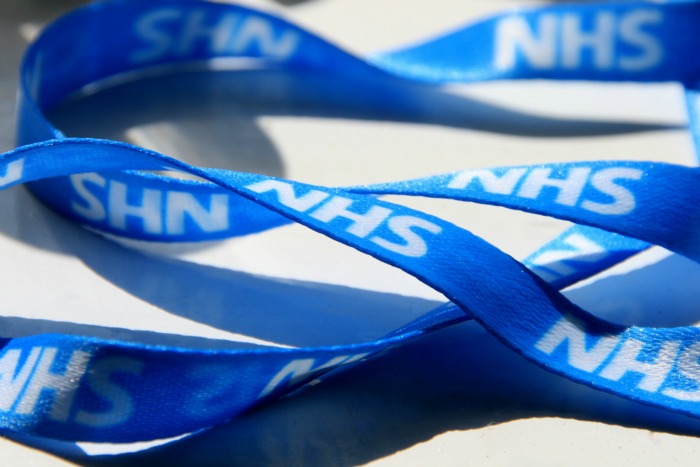
Medical negligence is a mercifully rare scenario, but it is still the case that the NHS paid out over £1.6 billion in damages in 2020-21 alone.
It may be that you are approaching a negligence case regarding a personal experience, and want to know more about the process.
Whether you are going about making a claim by yourself, or working with someone like the Stillbirth solicitors at Gadsby Wicks to help build your case, in order to better understand your potential medical negligence case, you would do well to understand the following four essential things – commonly known as the ‘four Ds’ of medical negligence.
These encompass the mechanisms by which negligence is determined, the evidence required for a positive outcome, and the routes through which you can determine the amount of compensation you are due.
Naturally, your medical negligence solicitor will help you navigate the steps and information necessary to carry a case forward – but knowing your stuff in advance can help no end, whether in the easier following of developments or the alleviation of worry.
Duty of Care
Duty of care is, in essence, the established responsibility that medical professionals have over your health, personal wellbeing and treatment.
You’ll typically enter a healthcare professional’s duty of care when you visit one for a consultation, or when you are assigned one for specialist treatment.
In the medical sense, duty of care is an obligation to uphold certain standards and explore every reasonable avenue for your health – and dereliction in this duty is one of the foundational aspects of any negligence case.
Dereliction of Duty
In order for there to be a viable claim, the healthcare body or professional against which you are claiming must have failed to uphold their duty of care to you, whether by accident or on purpose.
The act, or acts, of dereliction are the smoking gun for your compensation claim.
A doctor may have missed a crucial diagnosis during a check-up, leading to a worsening of your condition until it was found.
You may have suffered injury during surgery, leading to significant after-effects or discomfort.
These are derelictions of duty, and must be established as such for you to have a case.
Direct Cause
In any legal case, there must be no room for doubt – which is why direct cause is a necessary component of your case.
You must be able to establish that your physical suffering, mental anguish or lost earnings are a direct result of the healthcare provider’s dereliction of duty.
This is where evidence becomes vitally important; documents, reports, calendars and medical witnesses can help you build a clear picture of the dereliction of duty, and how it directly caused your undue suffering.
Damages
Lastly, damages refer to the monetary values attributed to your undue suffering as a result of medical negligence.
There are quantifiable damages to consider, such as lost wages from time taken out of work, additional expenditure on medical treatments or disability aids, and increased reliance on transport.
There are also non-monetary factors such as mental anguish and reduced lifespan, to which value can be attributed.
Together, these make up the value of your claim – and the compensation you seek from the defendant.

















Recent Comments